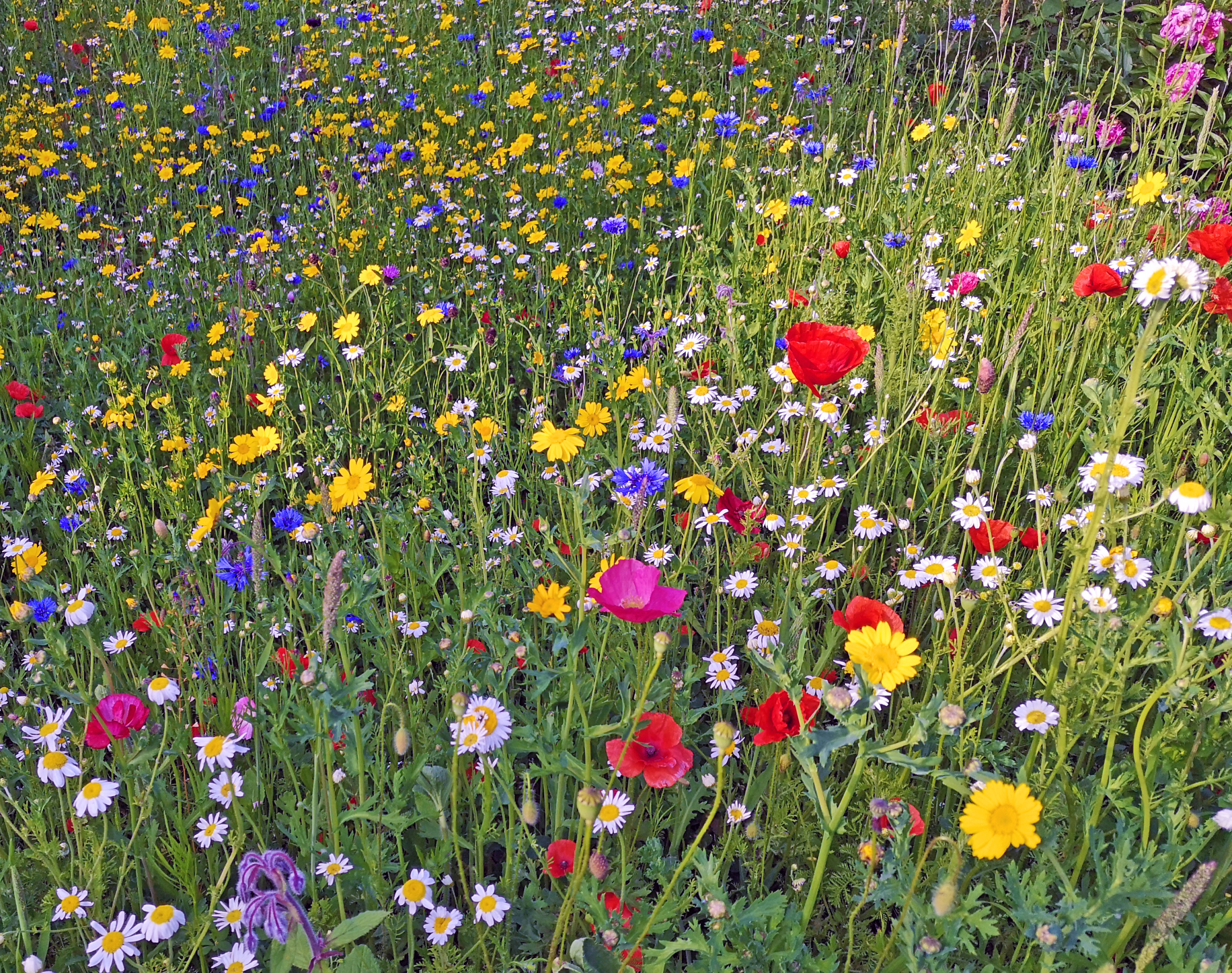
New Report: An Unsustainable Path
Maryland produces roughly 300 million chickens annually, more than 50 chickens per Maryland resident. Those chickens produce hundreds of thousands of tons of manure and waste each year. If those 300 million chickens were raised on small farms scattered throughout the state, perhaps all their manure could be usefully applied as fertilizer to cropland.
Maryland produces roughly 300 million chickens annually, more than 50 chickens per Maryland resident. Those chickens produce hundreds of thousands of tons of manure and waste each year. If those 300 million chickens were raised on small farms scattered throughout the state, perhaps all their manure could be usefully applied as fertilizer to cropland.
But the chickens aren’t evenly distributed around the state, living in henhouses interspersed with fields; instead, 85 percent of those chickens are raised in just five counties on Maryland’s Eastern Shore. Though the huge barns each containing tens of thousands of chickens are located in the middle of cultivated land, the chickens produce far more manure than can be used as fertilizer by the surrounding crops. Poultry litter produced in Somerset County, a leading chicken-raising area, contains eight times more phosphorus than crops in the county can use.
With few options for disposing of chicken waste, farmers and chicken growers apply manure to cropland on the Eastern Shore, with the result that soil becomes overloaded with phosphorus. Rain and melting snow carry the phosphorus from the soil into the Chesapeake Bay, adding to the pollution that causes a dead zone in one-third of the bay each summer.
As An Unsustainable Path explains, Maryland should end applications of chicken litter that are likely to pollute the bay. The state’s current rules regarding manure application are inadequate for protecting and restoring the bay. Land on the shores of the Chesapeake Bay and its tributaries should not be a dumping ground for chicken waste. Manure application should be limited to providing crops with adequate nutrients to thrive.
Topics
Authors
Elizabeth Ridlington
Associate Director and Senior Policy Analyst, Frontier Group
Elizabeth Ridlington is associate director and senior policy analyst with Frontier Group. She focuses primarily on global warming, toxics, health care and clean vehicles, and has written dozens of reports on these and other subjects. Elizabeth graduated with honors from Harvard with a degree in government. She joined Frontier Group in 2002. She lives in Northern California with her son.
Find Out More

Beyond the politics of nostalgia: What the fall of the steel industry can tell us about the future of America

Let us now praise rooftop solar: A tale from New England

Automakers could have learned to build EVs. They paid Tesla to do it instead.

